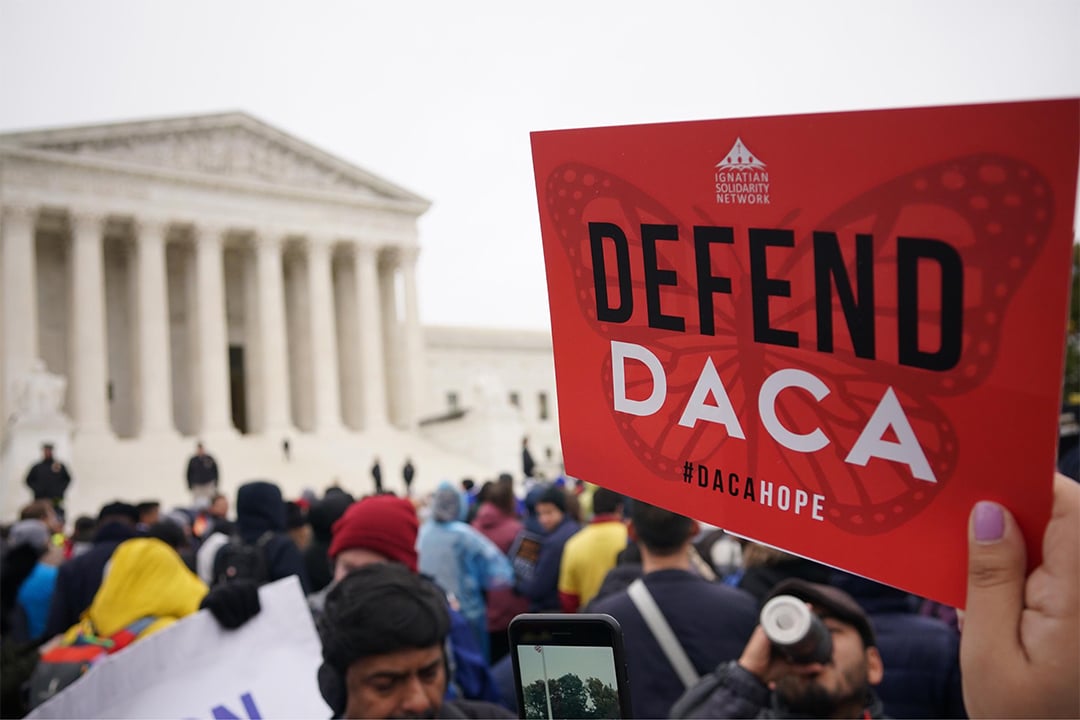As the Deferred Action for Childhood Arrivals (DACA) program commemorates its 11th anniversary, the fate of hundreds of thousands of DACA-eligible individuals remains uncertain. Legal challenges from the Trump administration and Republican-led states seeking to terminate this humanitarian immigration program have left many aspiring young immigrants without access to better opportunities and protection from deportation.
DACA, an Obama-era program, has provided eligible young immigrants, known as Dreamers, who were brought to the U.S. as children, the chance to work and study without the fear of deportation. However, a federal judge in Texas ruled to leave DACA open for current recipients but blocked new applicants from accessing the program. As a result, approximately 400,000 DACA-eligible individuals have been unable to apply for the program, facing limitations in their education and career prospects.
The denial of DACA to new applicants has created a sense of uncertainty and fear for many young individuals. These ambitious individuals, mostly in their late teens or early twenties, are eager to continue their education and obtain work permits. Without DACA, they lack access to opportunities and live under the constant threat of deportation.
Efforts to protect DACA and expand opportunities for Dreamers are crucial. Immigration attorneys representing DACA recipients and the Republican-led states suing to terminate DACA have recently debated a Biden administration rule that turned the program into a federal regulation. The decision of the federal judge hearing the arguments in Texas will determine the program’s future. While the focus remains on preserving DACA, advocates emphasize the need to go beyond it and establish a pathway to citizenship for all immigrants.


